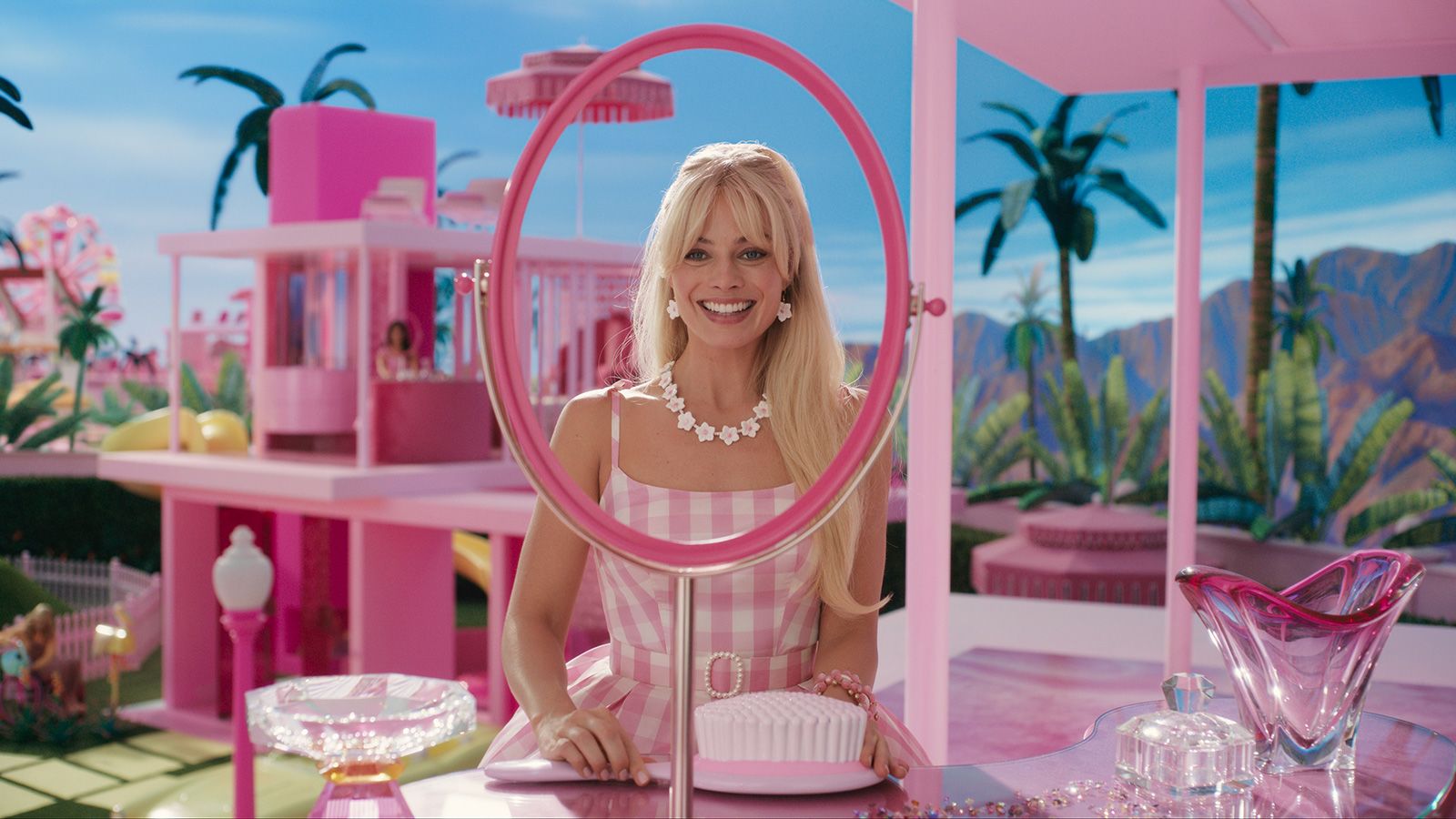Any outside observer who takes a look at Lebanon’s state of affairs would immediately assume that raging public discussions and dominant discourses hover around food insecurity, providing necessary health and pharmaceutical services, improving educational outcomes and formulating better social protection programs.
In fact, many would be astonished to find out that current debates on politicians and governmental personnel’s communication platforms revolve around the banning of the movie “Barbie”- a movie currently only banned in Lebanon and Kuwait, as the United Arab Emirates and Saudi Arabia have both greenlit screenings of the film.
In light of the “Barbie” ban, is the country’s deep history with cultural clashes that have spotlighted the topics of national identity, religion, sexuality, and refugee status – all matters that have witnessed significant escalation and volatile polarization.
In an attempt to steer and control public opinion, “Barbie” was the latest movie to be banned in Lebanon.
The Decision to Ban the Movie
The Ministry of Culture banned the movie from cinemas last Wednesday August 9.
The decision claimed the movie promoted “homosexuality and sexual transformation” and contradicted values related to faith and morality. Kuwait proceeded to do the same under claims of protecting ethics and traditions.
Accordingly, the Ministry of Interior requested the country’s Censorship Committee to review the film and give recommendations. For its part, the Film Censorship Committee found no adequate reasons to ban the movie.
The Ministry of Culture and other relevant governmental actors are yet to comment on the findings, or withdraw the ban.
The issue was followed by a debate between the Minister of Culture, Mohammad Mortada, and Member of Parliament, Mark Daou on Twitter.
The former referenced interpretations of religious texts and cited partial extracts from the Lebanese Constitution to justify his position, while the latter offered a more encompassing view of the Constitution’s texts and referenced Lebanon’s commitment to international covenants and a statement signed by 150 artists, journalists, researchers and individuals from other professions against the Minister’s decision.
Daou also criticized Mortada’s appointment as Minister.
Such a decision must be contextualized within a general public discourse that has witnessed increasing debates around sexuality, most of which have manifested themselves in the forms of attacks.
Most recently, Hezbollah Secretary General Hassan Nasrallah called on Lebanese authorities to crack down on homosexuality and to punish homosexual acts. Discourse between politicians has been divided on this topic.
A recent proposal by MPs Najat Aoun Saliba, Mark Daou, Cynthia Zarazir, Camille Chamoun, Paula Yaacoubian, George Okais, Adib Abdel Massih, Elias Hankach and Nada Boustani called for the repealing of article 534 from the Lebanese Penal Code, which prohibits “sexual intercourse against nature.”
The loose definition offered by this article is often interpreted by Lebanese authorities as prohibiting homosexuality.
MP Sami Fatfat recently asserted that he is against the targeting of homosexual people whether by law or other means and that homosexuality is natural.
As a result, Fatfat came under severe criticism and was the victim of verbal bullying on digital platforms, including in the comments section of an explanatory statement posted on Fatfat’s official Facebook page.
Competing Narratives
Many have explained that the ruling class’s narratives and recent crackdown on LGBTQ+ people, refugees, and feminist movements, serves to distract the public from the authorities’ general responsibilities in dealing with the current crisis and the country’s deteriorating state of affairs.
The current developments signify one or some of the following conclusions:
- That the country’s population still holds social and cultural issues very dearly even in the midst of deteriorating economic livelihoods, sometimes so much that the former take precedence.
- That ruling class politicians and mainstream media still hold sway over the population’s priorities and are able to frame dominant debates.
- That deteriorating economic conditions amplify social tensions.
The likely scenario is that all three conclusions are present to a large degree.
The issue isn’t “Barbie” per se, but a matter of increasing socio-cultural tensions in the country, increasing brinkmanship by all parties in the debate, and increasing insecurities as seen by the recent Ein al-Hilweh and Kahhaleh events.
Responses to this have largely been varied. On the one hand, some adopted a holistic lens to analyze the current crisis and understand the different kinds of distractions (or repressions) imposed by the ruling class as means to steer attention away from the more pressing issues.
Others adopted an inclusive one that understands the disproportionate impact these repressions have on groups already marginalized by Lebanese socio-political structures.
Finally, the rest adopted publicly showcased their commitment to the values they claim to support, regardless of the backlash they receive. In the case of “Barbie”, various citizens vehemently defended the movie’s screening against all kinds of backlash – particularly those masked under the umbrella of homophobia.
But regardless of this, the conversation surrounding “Barbie”, and various other topics, remains nuanced.
To a large extent, it is the responsibility of grassroots organizations to steer the discussion into meaningful ends. In many ways, these organizations and movements are the only one’s echoing the demands of the country’s most vulnerable populations, as the ruling class has largely turned a blind eye towards them.


